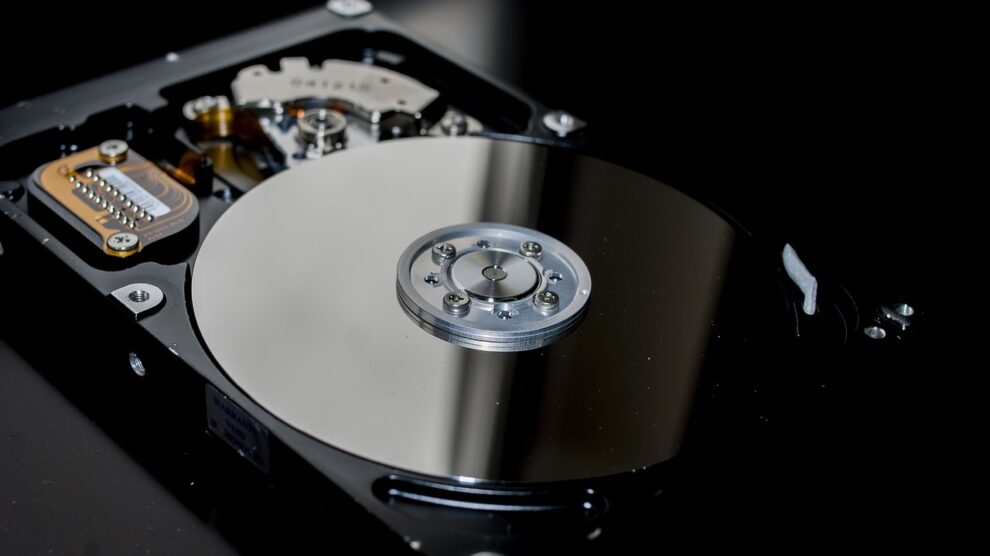It’s very important to back up your data on a regular basis, whether it’s for personal or professional needs. Unfortunately, most of us have lackluster data backup habits, ignoring the importance of data backups entirely or managing our backups inconsistently.
If you’re behind the curve and you’re interested in starting the backup process, don’t worry – it’s easier than you think. With the advent of free cloud storage and an abundance of online resources, you should have no trouble mastering the introductory steps.
Why Backups?
Why should you be backing up your information?
The unfortunate reality is that all of your work is vulnerable. Whether you have an archive of old photos and videos, important documents for your occupation, or just assets from hobbies store it on your computer, all of your information is prone to a variety of threats, including:
- Physical destruction. If you have your data stored on a physical device, and that physical device is corrupted, damaged, or destroyed, you could lose everything. Your computer could totally malfunction, resulting in a corrupted hard drive. A house fire could destroy all your local hard drives and servers. You could drop your flash drive in a pool of water. The possibilities are practically endless.
- Theft. It’s also possible that someone could steal one of your devices that has all your sensitive information. Leaving your computer unattended at a local coffee shop or being the victim of a home burglary are just two examples of how this could occur.
- Malware and cyberattacks. Even more commonly, people lose data because of malware and cyberattacks. If you’re not careful, a cybercriminal could guess your password or trick you into downloading an image attachment in one of your emails. They could also intentionally infect your computer with ransomware, preventing you from being able to access your files directly until you pay a ransom fee. All it takes is one security slipup to put you in this terrible position.
The worst-case scenario is that you don’t have any backups in place. With no backups, any of these incidents could instantly reset you to position zero, causing you to lose months’, if not years’ worth of information. But if you have backups in place, you can ultimately restore your system back to what it was before the incident occurred, effectively turning a total catastrophe into a mild inconvenience. Depending on the nature of this information, you could save a lot of money in the process as well.
Different Types of Backups
Before you start backing up your work, you should know that there are many different types of backup that you could employ, and all of them are valuable, but some are better than others.
For example, you can back up your information using physical devices. You can copy all your information onto a separate hard drive and keep it in a separate physical location, so if your primary device is ever destroyed or stolen, you can revert to the backup. However, it’s even better to rely on cloud storage, where your information will be kept secure without depending on a local physical device.
You can also backup your information manually, uploading or copying files whenever you see fit. But it’s much better to employ automatic updates. This way, you don’t have to consciously decide to make your backups; they happen automatically.
Baby Steps to Better Backup Habits
If you’ve never practiced data backups before, try using these baby steps to gradually work your way to better habits:
- Set your overarching goals. What are you hoping to achieve with your data backups? Is there something specific you want to back up or do you want general better practices on your side?
- Take advantage of free cloud storage. There are many companies that extend limited free cloud storage to all users. You should be able to find at least a few gigabytes of storage do you lies, requiring no commitment or money on your part. It’s a great place to start if you’re on a limited budget, even if you do need to upgrade at some point in the future.
- Organize your files. Before you dive too deep into the world of data backups, make sure your data is organized. This is a great chance to focus on renaming your files and restructuring your folders so that everything is much more intuitive and searchable.
- Back up your most important data. Always back up your most important data first. The rest can wait, if necessary.
With better data backup practices in place, you’ll be much better protected against a variety of threats, from renegade hackers to vicious tornadoes. The more you practice backing up your data, and the more you learn about data management best practices, the more confident you’ll be in your pursuit of higher digital security.





